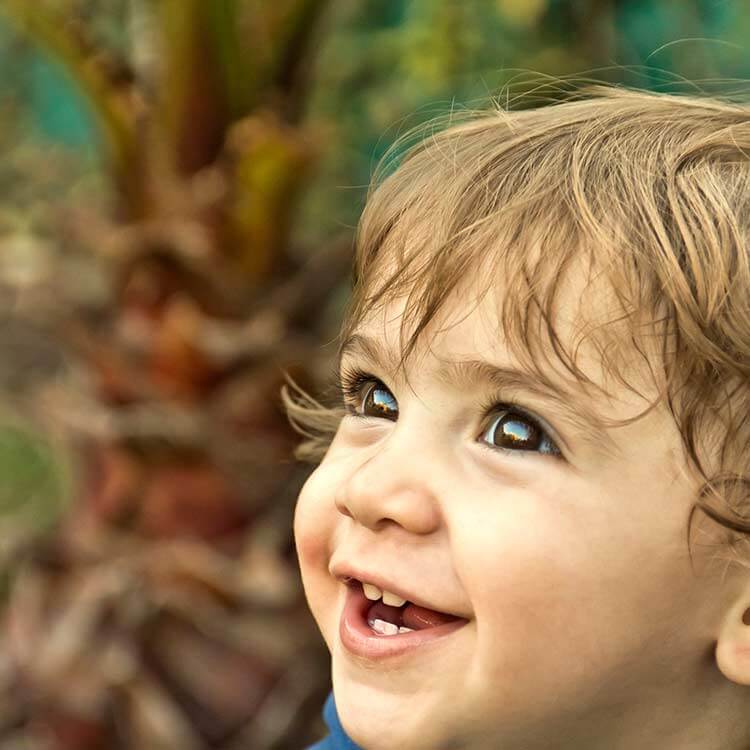Search
Showing results for "Au"

News & Events
Diabetes contact numbersThere are several phone numbers to contact staff for assistance at Perth Children’s Hospital’s Endocrinology and Diabetes Department.

News & Events
ENDIA milestoneThe ENDIA study — Australia’s largest study into the causes of Type 1 Diabetes— reached a significant milestone when it recruited its 700th patient in Perth.
Research
The Physicochemical Compatibility of Sildenafil Injection with Parenteral Medications Used in Neonatal Intensive Care SettingsSildenafil is used to treat pulmonary hypertension in neonatal intensive care unit (NICU) settings. As multiple intravenous (IV) medications are co-administered in NICU settings, we sought to investigate the physicochemical compatibility of sildenafil with a range of IV drugs.
Research
Protocol for the development of a core outcome set for neonatal sepsis (NESCOS)Neonatal sepsis is a serious public health problem; however, there is substantial heterogeneity in the outcomes measured and reported in research evaluating the effectiveness of the treatments. Therefore, we aim to develop a Core Outcome Set (COS) for studies evaluating the effectiveness of treatments for neonatal sepsis.
Research
Parental preconception BMI trajectories from childhood to adolescence and asthma in the future offspringRecent evidence suggests that parental exposures before conception can increase the risk of asthma in offspring. We investigated the association between parents' preconception body mass index (BMI) trajectories from childhood to adolescence and subsequent risk of asthma in their offspring.
Research
Look Who's Talking: Host and Pathogen Drivers of Staphylococcus epidermidis Virulence in Neonatal SepsisPreterm infants are at increased risk for invasive neonatal bacterial infections. S. epidermidis, a ubiquitous skin commensal, is a major cause of late-onset neonatal sepsis, particularly in high-resource settings. The vulnerability of preterm infants to serious bacterial infections is commonly attributed to their distinct and developing immune system.
Highlights from the VTG Laboratory in 2024
The ARSS has a Consumer Reference Group to ensure family representation and input into issues relating to the design, management and output of the study.
Research
House dust mite allergens in asthma and allergyIgE antibodies in house dust mite (HDM) allergy follow a predictable pattern. Half are directed against two dominant allergens and the remainder largely against

News & Events
The Kids welcomes Minderoo investment in early child developmentThe Kids has congratulated Andrew & Nicola Forrest on their visionary commitment to develop a new blueprint for optimal child development in Aust & beyond.
